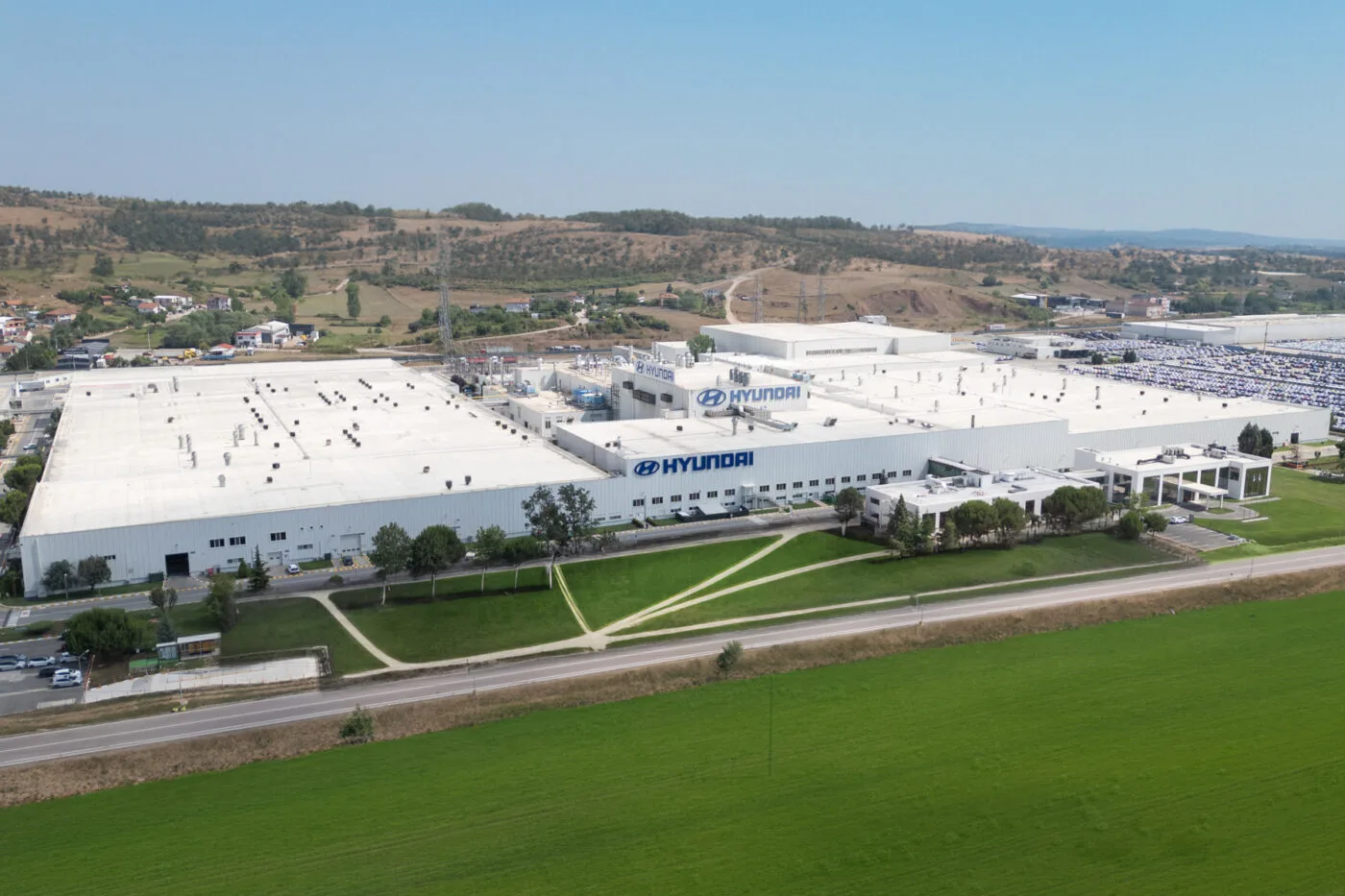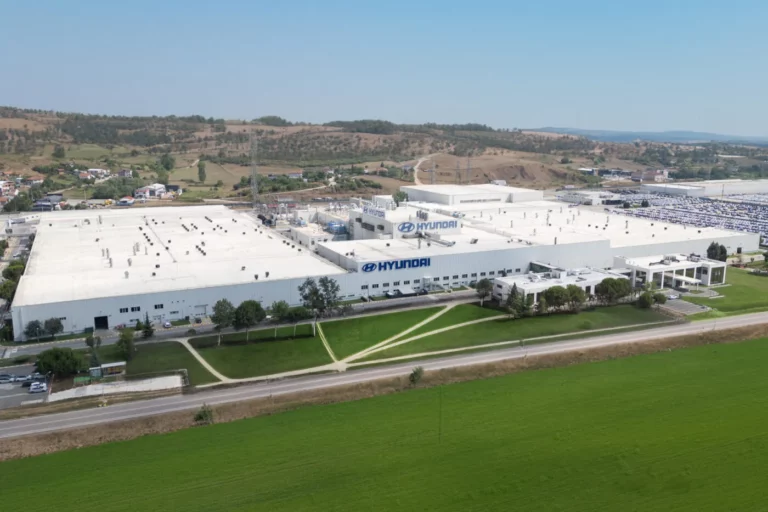Hyundai is preparing its plant in İzmit, Turkey, for the production of electric vehicles, aiming to meet the growing demand in Europe. Starting in 2026, the factory will manufacture both electric cars and combustion engine vehicles.

While Hyundai hasn’t specified which EV models will be produced in İzmit or the anticipated production volumes, there’s a strong indication of the scale of the project. In January 2024, Hyundai Motor Group placed an order with supplier Posco for electric motor components, with 550,000 units slated for delivery to the Turkish plant by 2034.
“The EV models manufactured in Türkiye’s İzmit plant will contribute to Hyundai’s growing electric lineup, supporting the European market’s increasing demand for sustainable mobility solutions,” stated a press release from the company.
In addition to the new electric models, the plant will continue its existing production of combustion engine vehicles. Currently, Hyundai produces the i10 and i20 small cars, plus the Bayon small crossover, at the İzmit facility.
The plant’s website indicates an annual production capacity of up to 245,000 vehicles. The announcement mentions a “production expansion” but doesn’t specify the expected increase. Details regarding the investment Hyundai is making in the conversion for electric car production have not been disclosed. The plant, formerly a joint venture between Hyundai Motor Group and Turkish Kibar Holding operated under the name Hyundai Assan Automotive. However, in 2020, Kibar Holding transferred its shares to Hyundai. To “better reflect its role in the global automotive landscape,” the facility has been renamed Hyundai Motor Türkiye.
Hyundai already produces electric vehicles in Europe, specifically at its Nosovice plant in the Czech Republic, where the Kona Elektro is manufactured. However, the electric models in the Ioniq series, along with the new Inster small car, will continue to be imported from South Korea.



